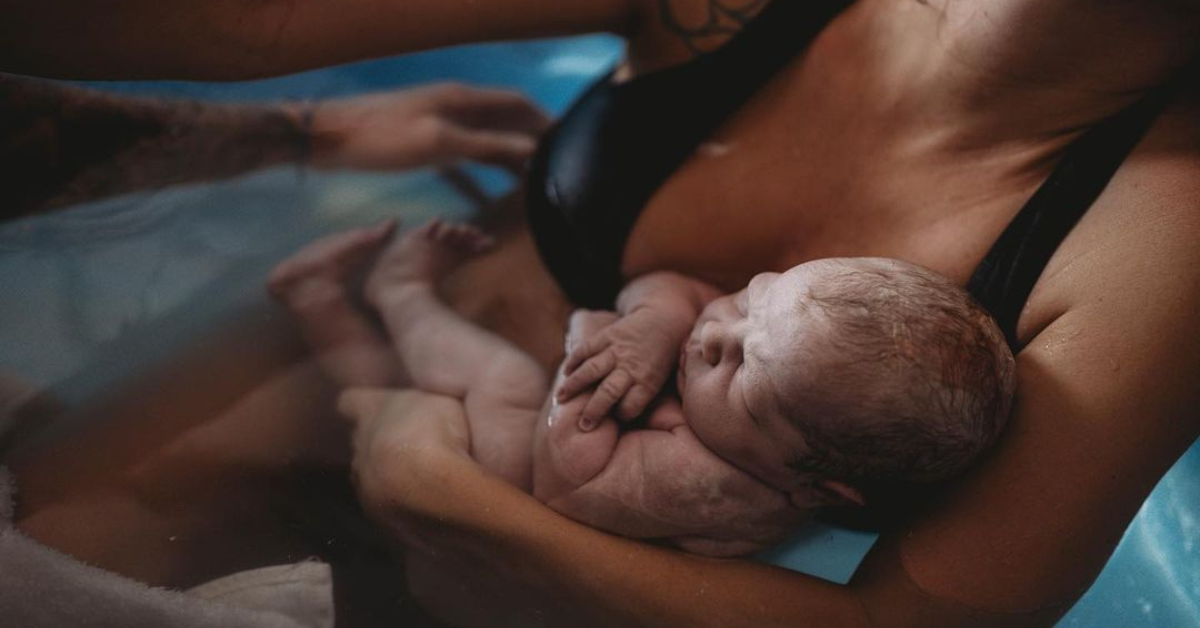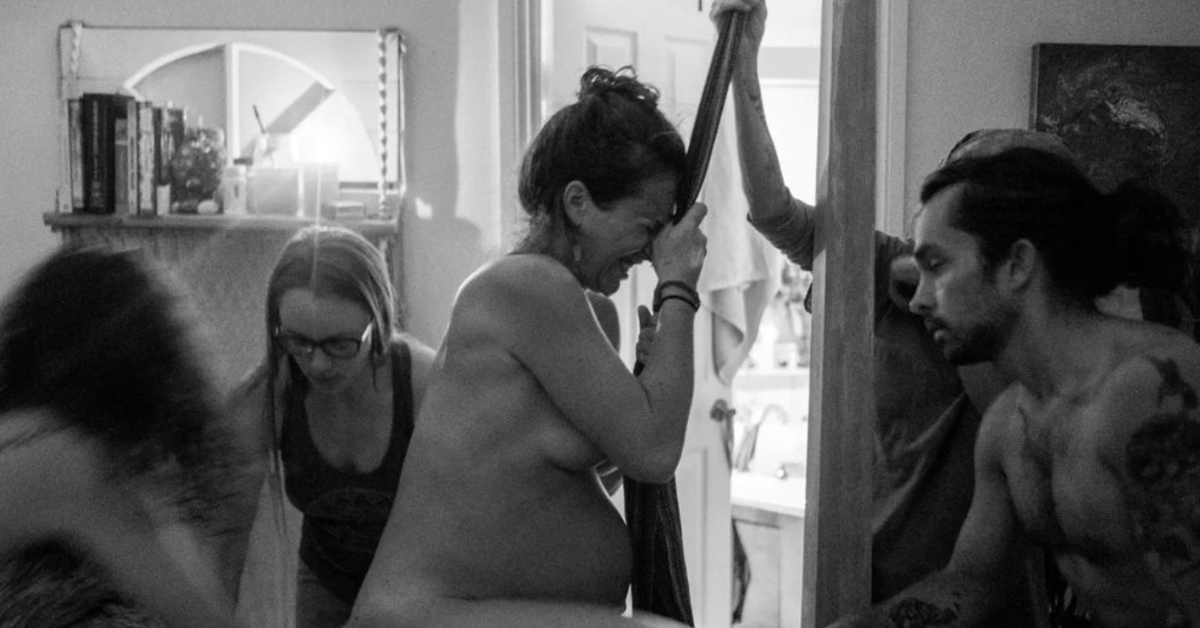If you’re feeling anxious after giving birth, you’re not alone—many new moms experience something called postpartum anxiety (PPA). Becoming a mom is one of the most rewarding experiences, but it can also feel like a whirlwind of emotions.
You might find yourself in awe of your baby one moment and overwhelmed with worry the next. Understanding what it is and how to handle it can help you feel more in control and supported during this special (but sometimes challenging) time.
Understanding Postpartum Anxiety
Postpartum anxiety is more than just the typical worries that come with being a new mom. It’s normal to feel nervous or uncertain at times, but when those worries become overwhelming and affect your daily life, postpartum anxiety might be at play.
Unlike postpartum depression, which can make you feel sad or numb, postpartum anxiety centers around excessive worry and fear. You might feel constantly on edge, afraid something bad will happen to your baby, or struggle to relax even when everything seems okay. It’s more than just normal “mom guilt”—it’s a constant cycle of worry that can be exhausting.
Why Does Postpartum Anxiety Happen?
Postpartum anxiety can be triggered by many different factors. Here are some common ones:
- Hormonal Changes: After giving birth, your body goes through major hormone shifts, which can impact your mood and make anxiety worse.
- Sleep Deprivation: Caring for a newborn is exhausting. Lack of sleep makes it harder to manage stress and anxious thoughts.
- Previous Anxiety or Depression: If you’ve struggled with anxiety or depression before, you might be more likely to experience postpartum anxiety.
- Life Stress: Adjusting to motherhood, figuring out a new routine, and navigating newborn challenges can add up. When stress piles up alongside sleep deprivation, anxiety can creep in.
- Birth Experience: If your birth was stressful, traumatic, or not what you expected, it could increase your risk of developing postpartum anxiety.
How to Manage Postpartum Anxiety
The good news is that postpartum anxiety is treatable. Here are some holistic approaches that can help:
- Talk to Someone: Voicing your feelings can make a huge difference. Whether it’s a friend, support group, or therapist, talking about your worries can help you feel heard and less alone.
- Mindfulness & Relaxation: Simple practices like deep breathing, yoga, or meditation can help calm your mind and body. Taking just a few minutes to focus on your breath or stretch your muscles can relieve tension.
- Herbal Remedies: Some moms find that herbal teas, like chamomile or lavender, help calm their nerves. Always check with your midwife or doctor before trying new herbs, especially if you’re breastfeeding.
- Take Care of Yourself: It’s easy to put your needs last when caring for a newborn, but self-care is crucial. Carve out time for yourself, even if it’s just a few minutes each day. A quiet cup of tea, a warm bath, or a short walk outside can make a difference.
- Get Support: If you’re struggling, ask for help. Whether it’s your partner, family, or a friend, having someone to lend a hand with the baby or chores can ease stress.
- Sleep When You Can: It’s not always easy with a newborn, but sleep is essential to mental and emotional well-being. Ask for help so you can grab a nap or try to rest when your baby is sleeping.
- Professional Help: If anxiety feels overwhelming, reach out to a therapist or counselor specializing in postpartum mental health. Cognitive Behavioral Therapy (CBT) can help change negative thought patterns that fuel anxiety.
When to Seek Help for Postpartum Anxiety
While it’s common to feel some anxiety after giving birth, postpartum anxiety becomes a concern when it starts to interfere with your ability to care for yourself or your baby. If your anxiety feels out of control, doesn’t seem to improve, or is affecting your well-being, it’s time to seek professional help.
Remember, you’re not alone in this. Many mothers experience postpartum anxiety, and there’s no shame in reaching out for support. You deserve to feel well, both physically and mentally, during this incredible journey of motherhood.
Midwife360 is Here to Support You
Postpartum anxiety can feel overwhelming, but you don’t have to face it alone. The journey to motherhood is challenging, and it’s important to build a support system that helps you navigate these emotional ups and downs.
With the guidance of your midwife and the supportive community at Midwife360, you can create a network that nurtures you.






